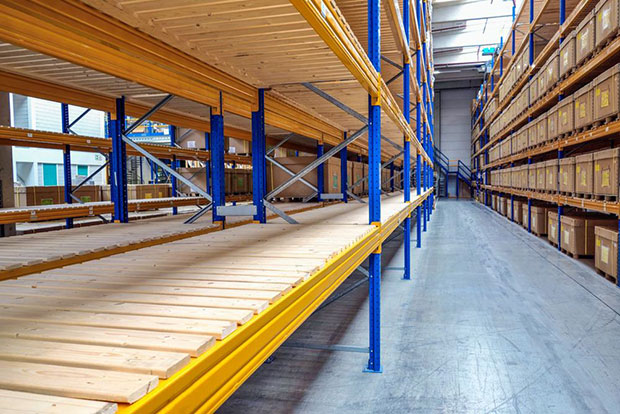Rising energy costs, increasing material scarcity and throttled supply chains are affecting both businesses and consumers alike, with growing production expenses, curbed spending and inflationary pressures all weighing heavily on a range of markets.
 With an ever-increasing number of shoppers feeling the squeeze, both retail leaders and packaging suppliers alike are now bracing for potential fluctuations in the demand for and availability of sustainable packaging in the immediate term, as major brands seek to mitigate heightened production and transport costs.
With an ever-increasing number of shoppers feeling the squeeze, both retail leaders and packaging suppliers alike are now bracing for potential fluctuations in the demand for and availability of sustainable packaging in the immediate term, as major brands seek to mitigate heightened production and transport costs.
The shifting consumer mindset
In recent years, some of the UK’s largest brands have placed sustainability at the centre of focus, driving messages of long-term green initiatives, renewability and increased supply chain transparency in their marketing material. The shift in focus has significantly impacted the consumer mindset and served to alter market expectations around materials and the environmental sustainability of everyday purchases.
Indeed, in the case of retailers responding to consumer expectations around green initiatives, a number of nationwide businesses have announced pledges to boost the packaging reusability of their key products.
Tesco has recently taken a major step in driving its sustainability efforts, partnering with Loop to create a packaging reuse system in ten of its stores in the east of England. The system will allow shoppers to purchase up to 88 products in packaging that can be returned to the store and cleaned, before it’s refilled for reuse.
The impact on the packaging industry
While reuse schemes can serve to soften the environmental impact of production, the stark realities of current supply chain volatility continue to impact the packaging industry.
A recent report released by US packaging provider R.R. Donnelly and Sons Co. explored the cumulative impact of labour shortages, inflation, material shortfalls and sustainability pressures.
The study, which surveyed 300 US-based mid-to-senior-level procurement, brand marketing, and packaging engineering professionals across a variety of industries, highlighted the challenges created by price hikes and material shortages, with over 50% of respondents noting that they had been highly affected. 68% of surveyees were forced to reprioritise packaging materials, while a significant number of professionals had to make changes to packaging design/aesthetics (49%). A notable portion of respondents also cited a necessary reassessment of their sustainability goals (45%).
Despite the perceived cost implications of going green though, the report found that brands are continuing to use less and are still turning to recycled materials, owing to the limited supply of virgin fibre, underscoring the value in regularly assessing volumes and measuring the suitability of your packaging’s constituent components.
Additional factors
Increasing energy costs across Europe have created widespread disruption for packaging suppliers and manufacturers across the continent, with substantial reductions in petroleum accessibility and soaring costs as a result of the Europe’s oil embargo on Russia.
Several European regions are heavily reliant on Russian natural gas, driving price surges – and ongoing sanctions placed on the Russian Federation by the European Union have sent production costs across the plastic and paper industries skyrocketing.
Both Russia and Ukraine are major suppliers of timber, with exports totalling over €12 billion, reducing Europe’s access to materials and creating shortfalls for suppliers.
Further, essential packaging materials such as cornstarch have experienced a 100% price increase in the last two years, further emphasising the role recycled materials will have to play in balancing ongoing access issues and saving on costs in the long term.
Issues for UK businesses
While a reliance on virgin fibres presents both financial and access issues for manufacturers, suppliers and retailers internationally, continued use of non-recycled content now comes with added cost implications for UK businesses, with the government rolling out the Plastic Packaging Tax from 1st April 2022.
Set at a rate of £200 per tonne for all plastic packaging containing less than 30% recycled content, the tax is aimed at importers and manufacturers, though companies who import packaging material before exporting the same product will be required to initially pay the levy, before claiming credit back at the point of export. Visit Gov.uk for a full list of taxable packaging and accountable parties.
In a climate of ever-increasing costs and growing concerns over packaging sustainability, seeking out efficient, tax-compliant solutions can be an essential way of safeguarding your business. Call Allpack on 01543 396700 to speak to a packaging expert today and discuss the range of options available.




Comments are closed.